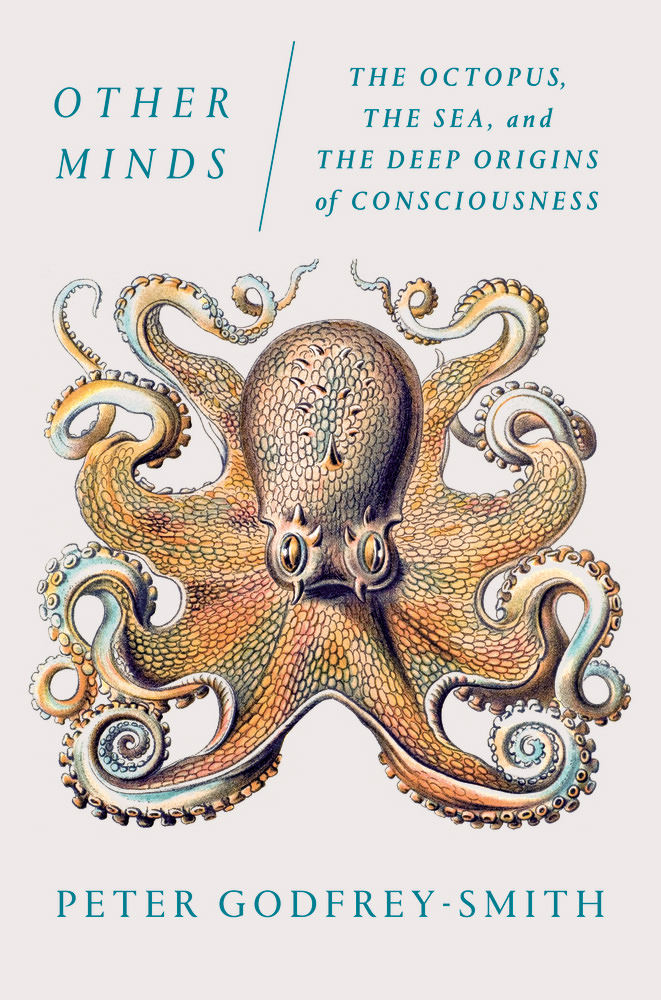Just Our Type: Spring Reads
Essential spring reading.
Bellevue Square by Michael Redhill
Everyone has had the experience—whether with a funhouse mirror or an oddly appointed washroom—of the infinite regress of their own reflection. You stand at the mirror looking at yourself in the mirror behind you looking at yourself in the mirror, on and on into microscopic dimensions. Imagine your life taking on these troubling features while everything else remains more or less recognizable. It’s this scenario, of a doubled self and then that self doubling, with its pedigree reaching back through Saramago, Dostoyevsky, and Gogol, that Michael Redhill takes up and modernizes in his existential thriller Bellevue Square.
Having produced literary fiction, short stories, poetry, young adult fiction, and plays, Redhill is a boundless talent hitched to a disciplined, though untamed, imagination. Bellevue Square, as you may already know, took home Canada’s Giller Prize after being lined up alongside an exceptionally strong short list. Written in the first person, Redhill’s unreliable (even to herself) narrator, Jean, is leading a comfortable, and comfortably normal, life in Toronto running a bookstore. She has a loving husband and two adolescent sons at home, even a recent financial windfall that has relieved any pressure in that arena. Within days, though, two strange sources report seeing—even personally knowing—Jean’s absolute, unquestionable double. Her doppelgänger. Not an uncanny likeness, but her exactly, answering to the name Ingrid. Informed that Ingrid is most frequently spotted in Kensington Market, Jean slides down curiosity’s greased incline toward obsession, taking up a post in a sketchy urban parkette, the Bellevue Square of the book’s title, and gradually abandoning her life’s obligations to this single pursuit of self-knowledge. She becomes a familiar presence to the park’s broken and discarded denizens, the alcoholics, schizophrenics, meth heads, punks, and chronically dispossessed, some of whom she enjoins to help locate Ingrid, or prove her a figment.
Redhill’s slick, superobservant prose does a doubling of its own, shifting between realist depictions of a family’s anarchic home scenes (four family members plus the four members’ phones) and the unpredictable interchanges of pseudologic Jean must navigate with her Bellevue Square friends, as well as her neuropsychiatrist. The latter group is variously damaged, yes, but apparently harmless and even willing to help. You’ll rip toward the end of Bellevue Square to find out whose hardware this baffling, glitchy program is being run on.
Other Minds: The Octopus, the Sea, and the Deep Origins of Consciousness by Peter Godfrey-Smith
Instead of humans confronting humans, Peter Godfrey-Smith gets up close to the mind of an octopus. Previously a professor of philosophy at both Harvard University and the Graduate Center, City University of New York, and currently a professor of the history and philosophy of science at the University of Sydney in Australia—and an avid scuba diver—Godfrey-Smith takes us on a through-the-looking-glass journey away from anthropomorphic assumptions and toward the mind-bogglingly alien. Other Minds: The Octopus, the Sea, and the Deep Origins of Consciousness is a magisterial mélange of hard-core biology, laboratory science, evolutionary theory, and the history of philosophy and science, intertwined with visits with octopuses around the world in their natural environments.
Having sketched a clear, common-sense picture of what he means by terms like “high intelligence” and reminding us how demonstrably abundant this is in the vertebrates (apes, wolves, birds, whales, us), Godfrey-Smith points out that evolution also produced a very distant cousin with equivalent capabilities beneath the ocean’s surface. The molluscs, including cephalopods, have followed their own very long road to the “big brain”, arriving, thus far, at the many species of octopus patrolling the sea floor, as well as giant cuttlefish and possibly squid. There is no doubt that octopuses have intelligence; the mystery is what kind of intelligence they have. An octopus’ brain is structurally unlike ours, or that of any other vertebrates. There is a central “brain” situated behind the eyes (itself bearing little resemblance to ours), but two-thirds of the octopus’ neurons are spread across its eight arms—arms that can smell, taste, “see”, and act independently of a central nervous system. Even a severed arm can reach, grab, and change colour. The book’s description and explanation of a cephalopod’s ability to swiftly change colour, often putting on patterned chromatic displays worthy of a laser light show, are themselves worth the price of admission.
Octopuses are curious, problem-solving, resourceful, tool-using animals whose bodies contain boundless potential. They can recognize and respond variously to human faces, from gentle stroking and co-operativeness to outright rejection, taunting, and hostility. Several laboratory scientists have been chased out of experiments over the years by targeted jets of water, deliberate technical sabotage, or escape attempts. Read the beguiling anecdote in Other Minds in which Godfrey-Smith’s friend is taken by the hand, on the sea floor in a bay near Sydney, and given a leisurely tour of one animal’s territory, eventually ending up at its den. Imagine floating there, a few feet away from the octopus, with the lingering sensation of its suckers through your diving glove, staring into that eye. An eye, by the way, that’s far better designed—er, evolved—than ours.
_________
Never miss a story. Sign up for NUVO’s weekly newsletter.






